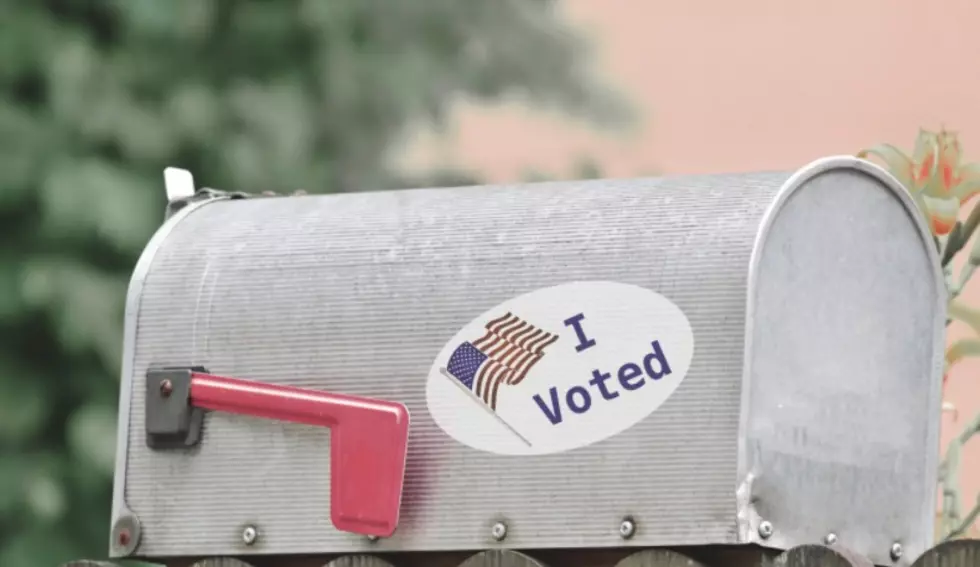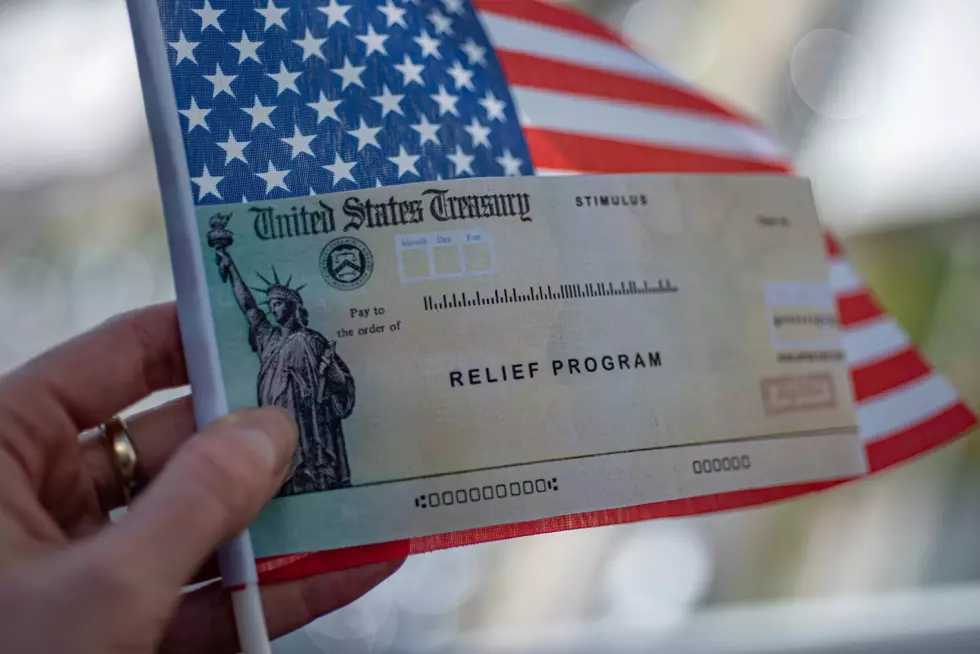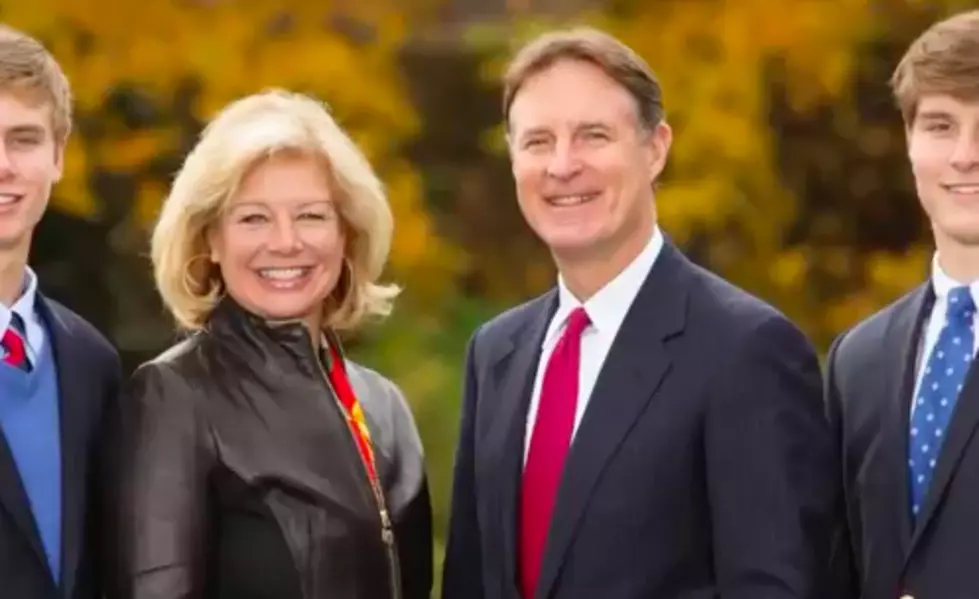
Voters Say They’re ‘Bush’ed on the Economy
Voters Blame Obama Predecessor for Economic Crash
Many economists believe that an Administration’s economic policies can take as long as three to five years to “kick in” and have their effect on the national purse strings. A growing number of independent swing voters, not to mention some stalwart Democrats appear to agree.
Just before a recent televised speech on the economy by President Barack Obama, a Gallup Poll was released, showing that as many as two thirds of Americans – including a considerable portion of Republicans – lay the blame for the 2007-2008 economic meltdown squarely on the doorstep of former president George W. Bush.
But the blame, if that’s what it is, is narrowing. As the economy stubbornly refuses to improve, as unemployment hovers around 8 percent, more and more of the independent voters – those with a lot of clout in the coming election – are reassigning the angst to the present tenant at 1600 Pennsylvania Avenue. While Obama crosses the country urging patience and courage, voters who wallow in the miasma of economic standstill face uncertain employment, jobs moving to Mexico and overseas, high gas prices, ridiculous heating expenses an inability to replace aging cars and appliances, and possibly even the loss of their homes grind their teeth and seek relief. Campaign rhetoric isn’t giving it to them, and their patience is wearing thin – which bodes ill for an return to the White House in the fall.
But that’s not giving Mitt Romney an easy row to hoe either. Democrats are railing that Romney’s economic policies are similar to Bush’s – and those policies, or something like them, caused the meltdown in the first place. The presidency after 2012 may depend on which voters buy which story.
Gallup indicates that Americans in general have a pessimistic attitude toward the direction in which the economy is headed – and while they can blame Bush for the crash, and sidestep Romney as Bush’s logical successor, many say Obama has to take the blame for an anemic recovery.
While gas prices have fallen a bit and are predicted to fall even farther this summer – and home heating natural gas is also getting cheaper, a stubborn unemployment is choking spending and reducing demand for durable goods. The trickle-down effect is a slow recovery in home sales and big-ticket purchasing which tends to make employers gun shy about creating and filling new positions, further tightening the money supply.
Whichever of the candidates manages to pull off some economic legerdemain will probably be the one in the spotlight next January 20.
Written by Jay Zimmer
More From WGBFAM









